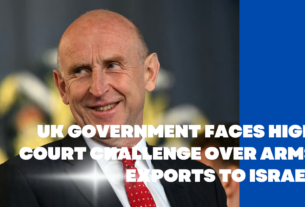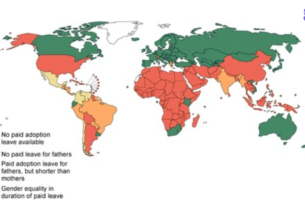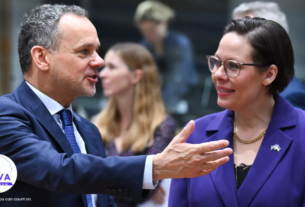North Korean leader Kim Jong Un has ordered a massive surge in artillery shell production, a move that signals deepening military cooperation with Russia as its war in Ukraine grinds on. The directive follows weeks of escalating intelligence reports that Pyongyang has quietly deployed thousands of troops to the Russian front lines.
According to South Korean intelligence sources, an estimated 15,000 North Korean soldiers are currently embedded with Russian forces in eastern Ukraine, acting primarily in logistical and artillery support roles. At least 5,000 casualties have been reported, though the exact numbers remain difficult to verify due to severe information restrictions from both regimes.
In return for its military aid, North Korea is believed to be receiving advanced weapons technology from Moscow. Intelligence leaks suggest this includes Russian air defense systems, radar upgrades, and satellite communication tech assets that could dramatically bolster Pyongyang’s long-range strike and surveillance capabilities.
The artillery surge fits within North Korea’s traditional warfare doctrine, which prioritizes heavy barrages over precision weapons. Analysts say the country’s aging military-industrial complex is being redirected toward this renewed production effort, with military factories operating around the clock.
The developments have triggered alarm across East Asia and NATO capitals. In Seoul, officials condemned North Korea’s role in what they described as “proxy warfare with global consequences.” Meanwhile, the U.S. and European Union are considering expanded sanctions targeting Pyongyang’s military exports and any entities facilitating arms transfers.
This is the most visible North Korean military intervention in a foreign conflict since the Korean War, marking a dangerous expansion of Kim’s international ambitions. U.S. Defense Secretary Lloyd Austin warned that the cooperation between Moscow and Pyongyang could “destabilize the entire Indo-Pacific region” and “threaten global arms control norms.”
China’s reaction has been notably muted, but regional experts believe Beijing is closely monitoring the situation to avoid unwanted escalation that could jeopardize its own strategic interests.
With the Ukraine conflict increasingly becoming a magnet for international players, the North Korea-Russia alliance is now a central concern for global security watchers.




